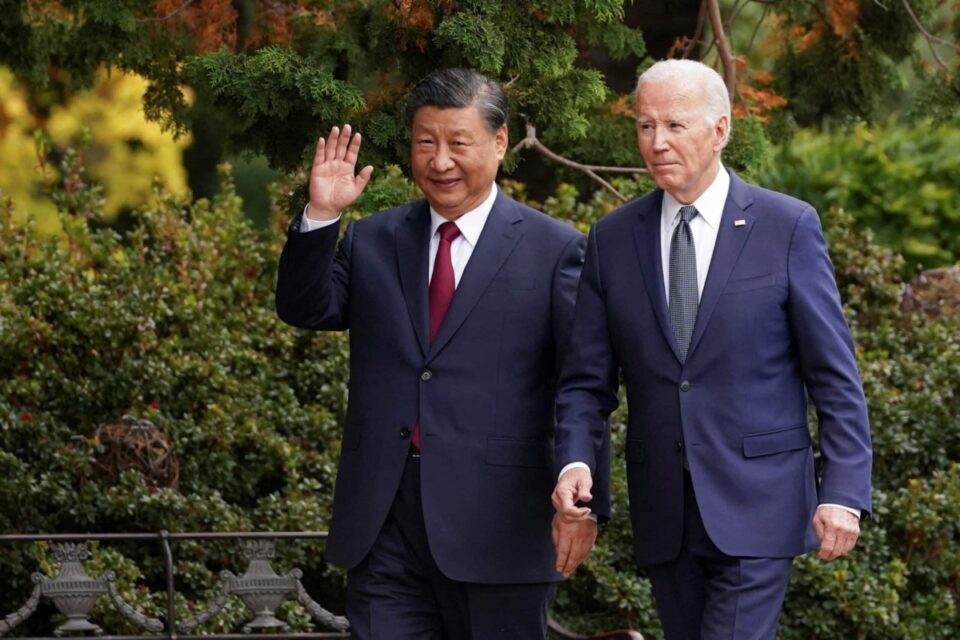WASHINGTON, April 3 — US President Joe Biden sought to manage tensions over the South China Sea and Taiwan’s May presidential inauguration in a call with Chinese President Xi Jinping on Tuesday, their first direct talks since meeting in November.
Biden used the call to emphasise “the importance of maintaining peace and stability across the Taiwan Strait and the rule of law and freedom of navigation in the South China Sea,” the White House said in a statement.
Xi said ties between the China and the US are beginning to stabilise, but warned that they could “slide into conflict or confrontation,” according to China’s official Xinhua news agency.
White House national security spokesperson John Kirby told a briefing after the call that US Secretary of State Antony Blinken would travel to China in the coming weeks. That follows a trip this week by Treasury Secretary Janet Yellen.
The nearly two-hour call between the leaders — described by Kirby as “business-like” — comes ahead of meetings next week between Biden, Japanese Prime Minister Fumio Kishida and Philippines President Ferdinand Marcos as China flexes its military might.
On Monday, a senior US administration official said the US and Chinese militaries would hold maritime talks this week in Honolulu. Washington has expressed concern over China’s coast guard’s use of water cannons on Philippines vessels near Second Thomas Shoal in a disputed section of the South China Sea.
An escalating diplomatic row and recent maritime run-ins between the two Asian countries has made it a potential flashpoint between the US and China.
Beijing claims vast portions of the South China Sea, sometimes in direct opposition to international law.
Xi and Biden also discussed US efforts to block certain US technologies, including advanced semiconductors, from export to China.
Xi warned Biden that the US is “not de-risking but creating risks” by suppressing China’s trade and technology development and adding new entities to US sanctions lists.
Biden told Xi the US “will continue to take necessary actions to prevent advanced US technologies from being used to undermine our national security, without unduly limiting trade and investment,” according to the White House.
China’s response to Taiwan’s presidential inauguration in May will also test the stability of relations between Beijing and Washington.
China regards Taiwan, a self-governed island with democratic elections, as part of its territory and recently dropped language about a “peaceful reunification” from its budget. Taiwan strongly objects to China’s sovereignty claims and says only the island’s people can decide their future.
Taiwan’s current Vice President Lai Ching-te, who Beijing views as a separatist, won the presidency in January and Beijing has increased pressure on Taiwan ahead of his swearing in.
Xi urged Washington to translate “Biden‘s commitment of not supporting ‘Taiwan independence'” into concrete actions, Xinhua reported.
— Reuters





